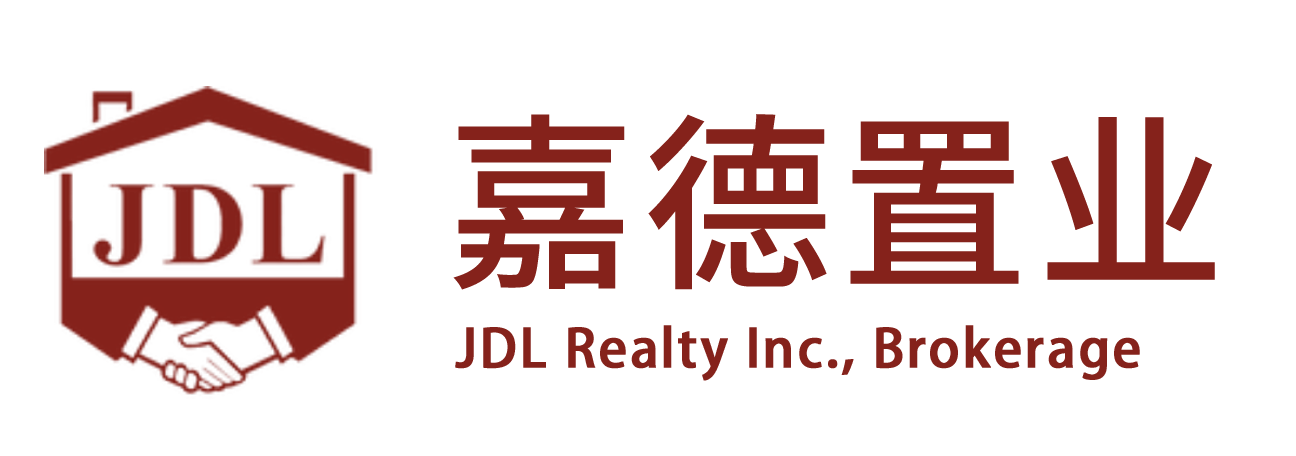Incorrect PricingEvery seller naturally wants to get the most money for his or her product. The most common mistake that causes sellers to get less than they hope for, however, is listing too high. Listings reach the greatest proportion of potential buyers shortly after they reach the market. If a property is dismissed as being overpriced early on, it can result in later price reductions. Overpriced properties tend to take an unusually long time to sell, and they end up being sold at a lower price than they likely would have had they been priced properly in the first place.
Mistaking Re-finance Appraisals for Market Value Re-finance appraisals can be very encouraging for homeowners, leading them to assume that the appraisal is the amount that they should expect to receive for their property. Lenders often estimate the value of your property higher than it actually is, however, in order to encourage re-financing. The market value of your home could actually be (and often is) lower. Your best bet is to ask your Realtor® for the most recent information regarding property sales in your community. This will give you an up-to-date and factually accurate estimate of your property value.
Failing to "Showcase" In spite of how frequently this mistake is addressed and how simple it is to avoid, its prevalence is still widespread. When attempting to sell your home to prospective buyers, do not forget to make your home look as pleasant as possible. Make necessary repairs. Clean. Make sure everything functions and looks presentable, and remove as many possessions as you can prior to showing. A poorly kept home, or one with too much clutter, will make it dramatically more difficult for buyers to become emotionally interested in your property.
Trying to "Hard Sell" While Showing Buying a house is always an emotional and difficult decision. As a result, you should try to allow prospective buyers to comfortably examine your property. Don’t try haggling or forcefully selling. Instead, be friendly and hospitable. Pointing out any unnoticed amenities and being receptive to questions is advisable, but this is not the time for negotiation and salesmanship.
